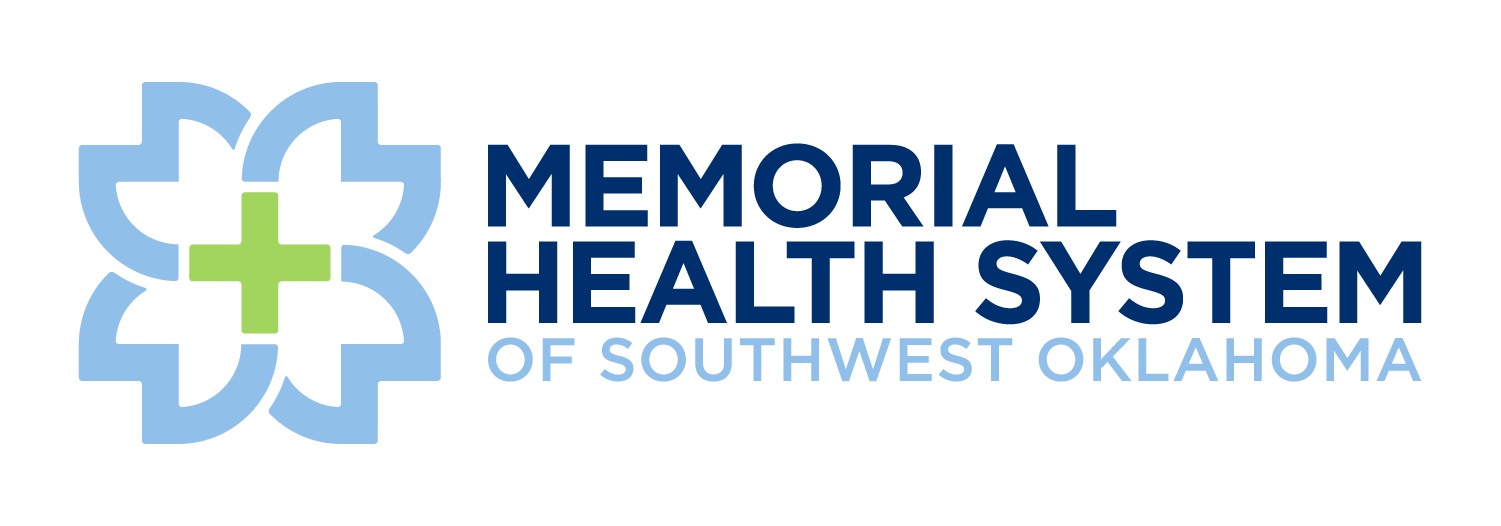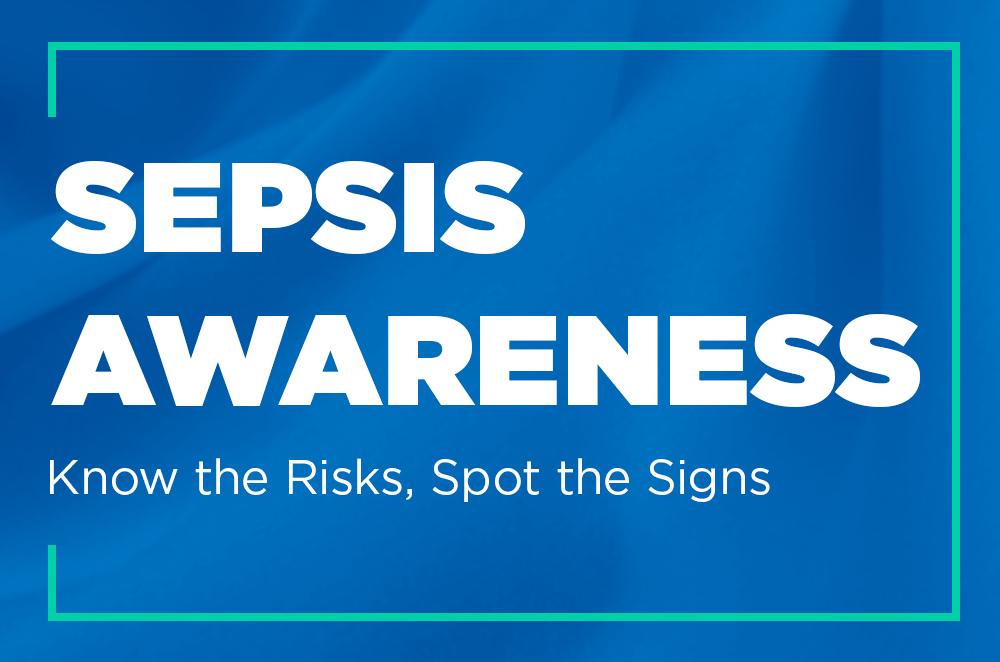Sepsis is the body’s extreme response to an infection. It is a life-threatening medical emergency. Sepsis happens when an infection you already have —in your skin, lungs, urinary tract, or somewhere else—triggers a chain reaction throughout your body. Without timely treatment, sepsis can rapidly lead to tissue damage, organ failure, and death. Sepsis is a complication of an infection that can be contagious, but sepsis is not itself contagious. Most sepsis is caused by bacterial infections, but it can be a complication of other infections, including viral infections, such as COVID-19 or influenza.
A patient with sepsis might have one or more of the following signs or symptoms:
- High heart rate or low blood pressure
- Confusion or disorientation
- Extreme pain or discomfort
- Fever, shivering, or feeling very cold
- Shortness of breath
- Clammy or sweaty skin
If you or your loved one has an infection that’s not getting better or is getting worse, ACT FAST. Get medical care IMMEDIATELY either in-person, or at minimum, through telehealth services. Ask your healthcare professional, “Could this infection be leading to sepsis?” and if you should go to the emergency room for medical assessment.
If you have a medical emergency call 911. If you have or think you might have sepsis, notify the operator. If you are concerned that you may have COVID-19, inform the operator of this as well. If possible, put on a mask before medical help arrives.
Source: CDC.gov

